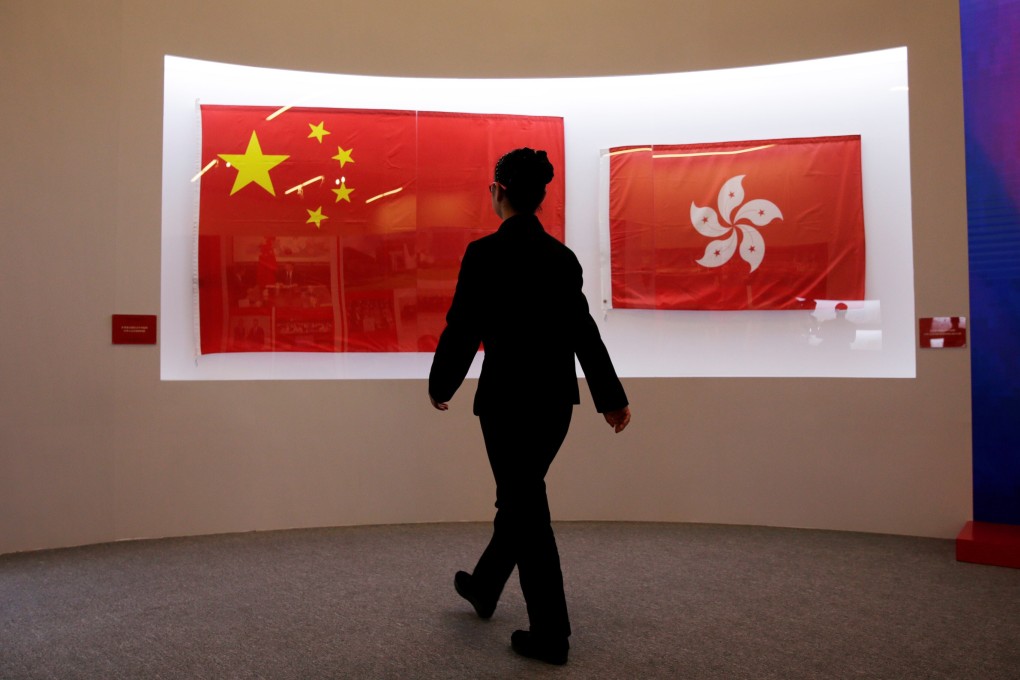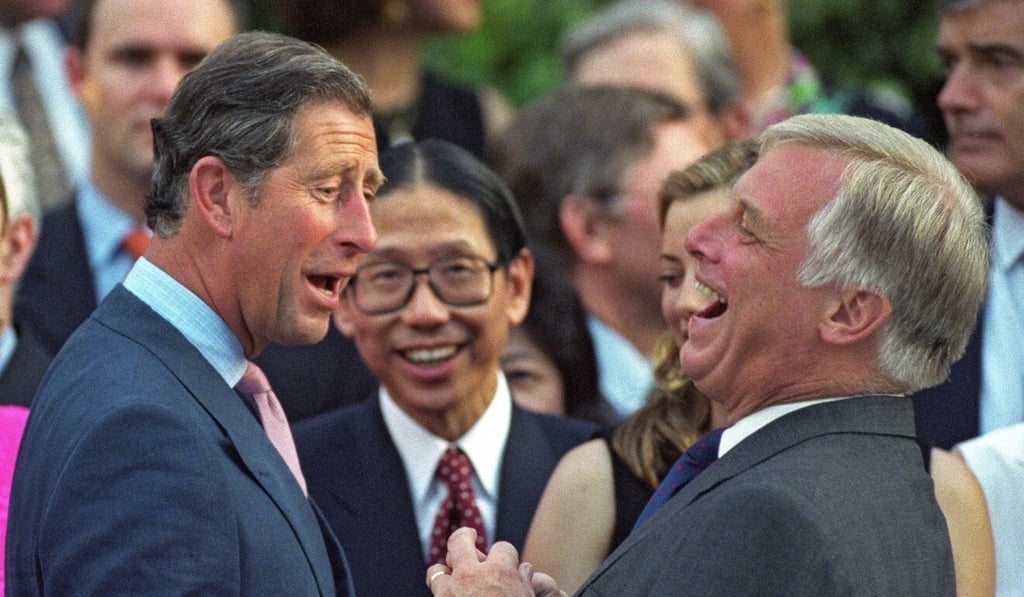Editorial | More than loyalty needed as Hong Kong reform turns back clock
- With Beijing pushing ahead in its electoral shake-up of Hong Kong and universal suffrage further away than ever, room should be allowed for different voices and those with bright ideas, creative solutions and strong political skills

The political reform package for Hong Kong approved by the National People’s Congress on Thursday will see the biggest shake-up of the system since the 1997 handover. Rather than realising long-held hopes for the “ultimate goal” of universal suffrage, the changes will turn back the clock, as Beijing imposes strict controls on who can stand in elections in response to the civil unrest of 2019.
Many will feel disillusioned by the move after many years of striving for more democracy. But, like it or not, the reforms are on the way. Now, efforts are needed to make the best of the new system.
Premier Li Keqiang said at his press conference on Thursday that the purpose of the reform was clear. It is intended to uphold the principle of “patriots” administering Hong Kong.
He underlined the central government’s commitment to the “one country, two systems” concept. Details will be worked out by the NPC’s Standing Committee. Then, local legislation will be passed.

The Election Committee that votes in chief executive polls will be expanded to 1,500 members, with 300 Beijing loyalists added and will play a role in Legco, which will grow from 70 to 90 seats. All election candidates will be vetted by a new body. The Election Committee and Legco will be stacked with government supporters.
It is not clear how much room there will be for a meaningful opposition.
